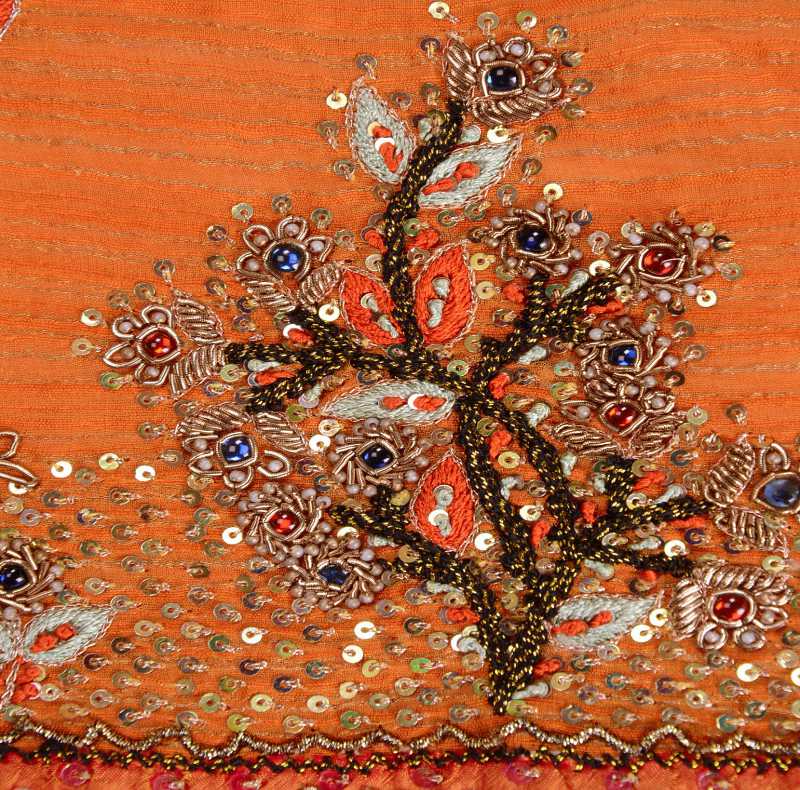===
0299,
6
===

=== |
 |
FWP:
It's indeed a form of reversed coquetry, isn't it? Apparently the beloved has to solicit the lover's attention, and the lover is going to make her pay court to him for a change. We can read kyā maiñ hī hūñ as a negative assertion ('As if I'm the only one!') or as a rhetorical-- or real-- question ('Am I the only one?').
For of course, the answer the lover expects is a recognition that indeed he is the only one-- the only true one, the only one who counts, the only lover who suffers endlessly and to the maximum degree. As the other verses in this ghazal, thanks to the rails laid down by the refrain, make only too clear.